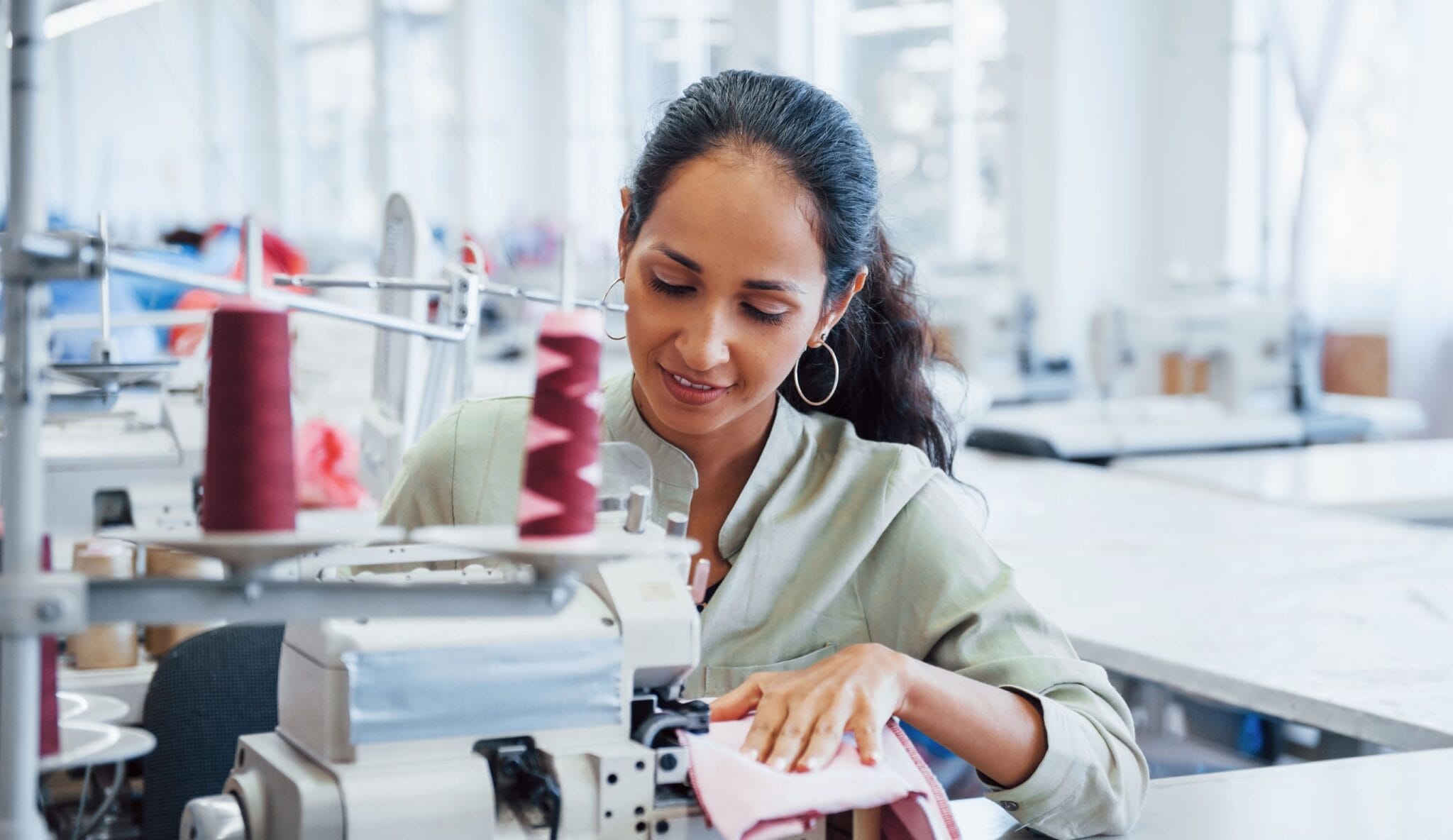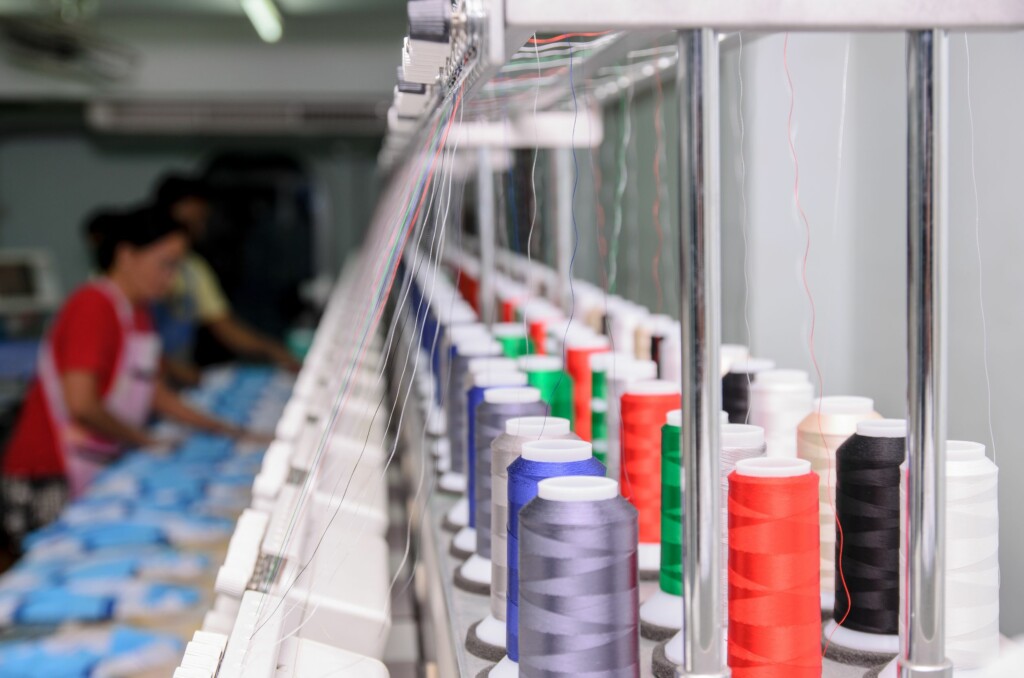
How we’re improving human rights across our supply chain
At Lindström, we’ve long prioritised environmental sustainability through programs like the Science Based Targets Initiative. Now, we’re focusing on elevating human rights across our supply chain by joining the UN Global Compact Finland’s Business & Human Rights accelerator programme.
Kristiina Tiilikainen, Director of Sustainable Procurement at Lindström, and Anita Belá, Global HR Operations Manager—our representatives in the six-month programme—share why human rights are central to our work and what we aim to achieve through this initiative.
Taking human rights beyond the basics
We’ve always been committed to responsible business practices, but for Tiilikainen, attending the 2024 UN Forum on Business and Human Rights in Geneva was a turning point. “That experience was a real boost. It made me think about how we can ensure human rights are truly embedded in our supply chain.”
While our supplier audits already guide our suppliers towards improved sustainability, social responsibility, and workplace safety, we want to go further with human rights. “Our goal is for suppliers to see human rights as more than just health and safety—it’s about making work more comfortable and equal for everyone,” says Tiilikainen.
In 2024, we introduced our first human rights policy for employees, but our work doesn’t stop there. “Joining this programme is another step in our continuous growth,” says Anita. “It’s essential to challenge the status quo through initiatives like this to strengthen human rights awareness, ensure compliance, and enhance our reputation. It also allows us to better support the safety and wellbeing of our people, ensuring a secure and inclusive work environment.”
Our goal is for suppliers to see human rights as more than just health and safety—it’s about making work more comfortable and equal for everyone.
KRISTIINA TIILIKAINEN,
DIRECTOR OF SUSTAINABLE PROCUREMENT

Boosting human rights awareness and employee wellbeing
During the programme, we’ll assess the human rights impacts of our business and turn our findings into actionable steps. “Human rights is a broad concept, and we want to address it more thoroughly,” says Tiilikainen. “There’s always room for improvement, but with limited resources, you have to choose your battles.”
One key focus is improving overall employee well-being. For example, many of our suppliers operate in hot climates, where workers need access to plenty of drinking water and adequate breaks.
Another focus is bridging gaps in human rights awareness while respecting cultural differences. “It’s important to discuss what human rights means in different countries and companies, ensuring that employees have fair working conditions and a good work-life balance,” explains Tiilikainen.
Take maternity rights, for example. In some countries, returning to work after childbirth is difficult due to a lack of policies supporting breastfeeding or childcare. “You can’t change cultural norms overnight, but you can raise awareness,” Tiilikainen notes. “It’s about creating an environment where women have the option to work if they want to and making that transition as smooth as possible.”
This extends to ensuring equal treatment of all employees, regardless of gender, disability, ethnicity, or religion. “When our suppliers hire people, we need to be confident that those workers are treated fairly, given equal opportunities, and not subjected to bias or discrimination,” says Tiilikainen. “We all have unconscious biases. Recognising them and ensuring fair treatment is a crucial part of human rights work.”
Change doesn’t happen in isolation
By sharing experiences and challenges with other Finnish companies during the programme, we’ll better understand how to identify, assess, and address the human rights impacts of our operations.
“No single company can address these issues alone—we all need to work together. It’s everyone’s responsibility,” says Tiilikainen.
We’ll also work closely with our suppliers. Inspiring examples of human rights progress come from large companies in countries like India and Pakistan, including one of our key hotel textile suppliers, Kohinoor Textile Mills Limited (KTML). This textile factory champions employee rights by offering free company-provided housing and utilities.
One of our European suppliers, Triest-Val, is also dedicated to fair and responsible working conditions, having won the Best Workplace award in Estonia every year since 2007.
“These companies recognise their responsibility to improve workers’ lives, which is particularly important in societies where inequality is high,” says Tiilikainen.
Measuring human rights progress for real change
Measuring progress on human rights can be difficult—how do you quantify something like work-life balance?
“You can find indicators,” says Tiilikainen. “For example, how many women return to work after childbirth? Clear, measurable factors help us track progress over time because change doesn’t happen overnight. Human rights work is a long-term commitment.”
Defining specific actions and related metrics will be one focus area in the accelerator programme to ensure we drive long-lasting improvements.
From words to concrete actions
Improving human rights in global supply chains is a big task, but it’s far from impossible. “There are so many companies worldwide tackling the same issues, and the enthusiasm to make a difference is contagious,” says Tiilikainen.
By collaborating with suppliers, peers, and UN partners through the Business & Human Rights accelerator, we’re better equipped to tackle human rights barriers across our supply chain—taking concrete steps toward a more socially responsible future.





